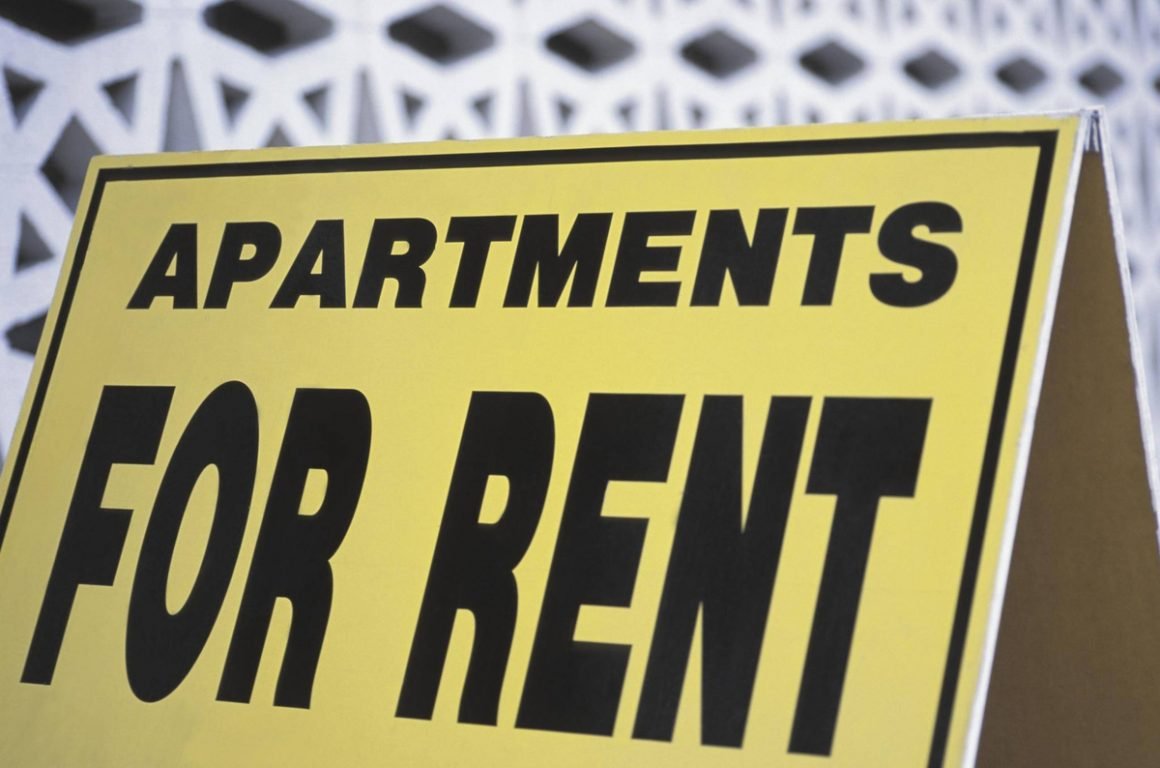In our last two articles, we have seen how rent controls cause housing shortages, damage housing quality, and waste the valuable time and resources of the low-income groups that the policy is designed to assist. Yet despite the manifest malfunctions of rent controls, they remain an intensely popular policy, both at the grass roots level, and among senior policymakers. Do they have any redeeming qualities, and are there superior alternatives?
As a general maxim, history is littered with examples of ineffective policies that retain popular support, due to ignorance of economic principles. A salient example is minimum wage policy, which often hurts low-income households by decreasing demand for their labour, and by accelerating the introduction of labour-saving technology. Thus, one could argue that the persistence of rent controls despite the damage that they cause merely reflects a failure by stakeholders to understand the economic consequences of imposing price ceiling.
The 1972 re-election of Richard Nixon in the US illustrates this. In 1971, in response to spiralling domestic price inflation, Nixon announced restrictions on increases in prices and wages at the level of the economy. The general public strongly supported the policy, and they expressed their approval by re-electing Nixon by a landslide.
Yet economy-level price and wage restrictions are equivalent to rent controls on steroids, with amplified adverse consequences: the economy suffered hugely from a variety of shortages, forcing an abandonment of the policy. Other countries tried and failed with the same policy, ensuring that economy-wide price and wage restrictions have been consigned to the policy dustbin. Unfortunately, laypeople simply do not connect the dots, misguidedly preferring to blame the ensuing shortages on external bogeymen or greedy capitalists. In the Nixon case, OPEC was the convenient scapegoat that allowed people to think that price and wage restrictions were a solution to — rather than the source of — widespread shortages and deteriorating product quality.
However, rent controls do have an unconventional virtue: they help keep communities together, providing society with intangible benefits that unrestricted markets can sometimes fail to deliver.
Housing is a unique commodity. When I eat an apple, or visit the doctor, the benefit I receive depends exclusively on me, and is unaffected by the decision of others to eat apples or visit the doctor. In contrast, housing benefits are interdependent — in fact many extended families in the Gulf will go out of their way to ensure that they live close to each other, because of the beneficial interactions that the proximity permits. Your enjoyment of your house depends a lot on who your neighbours are.
Moreover, in the case of housing, many of these interdependence benefits are the result of the cumulative time that neighbours spend together, i.e. the communities that are created. If rents are determined purely by markets, sharp increases in rents can lead to the destruction of community capital as families are forced to relocate. This is one reason why many low-income households stand in favour of rent controls, and against gentrification.
Are rent controls the only ways to help low-income households afford housing and stay in communities? One effective alternative is housing vouchers: the government giving each household a voucher that they can use to lease at a certain rent level, and then allowing the market to balance supply and demand. The value of the voucher is determined by policymakers, who then fund it via general taxation. This allows low-income households to secure housing without worrying about shortages or wasteful queues, while still giving landlords an incentive to maintain their properties.
Another alternative is public housing: the government uses general taxation to build housing units and then assigns them to the general public with a priority on low-income groups. Most governments have such programmes, yet they suffer from several flaws.
First, unlike the capitalists in charge of building commercial housing, the civil servants overseeing the construction of public housing have very little incentive to ensure good quality and efficient production, since any revenues accrue to the general government. Moreover, functionaries are susceptible to corruption in the allocation process, because they do not face the disciplining effect of market competition.
Second, even well-intentioned functionaries will struggle to produce the amount of housing necessary to service public demand, due to the complexities of the market. Market competition gives capitalists a very strong incentive to study housing demand and to anticipate potential spikes, ensuring that shortages or gluts are transient. In contrast, civil servants lack the incentive to study the market diligently, or to respond to changes nimbly—a problem exacerbated by government bureaucracy. For this reason, governments the world over have begun to respond to the persistent ineffectiveness of public housing by turning to the private sector.
More generally, the key point to remember is that opponents of rent controls are not proponents of ignoring the plight of low-income households. Rather, they are people who want to ensure that policies that actually help low-income households — such as housing vouchers — are deployed, and those that hurt them are kept on the shelf.

